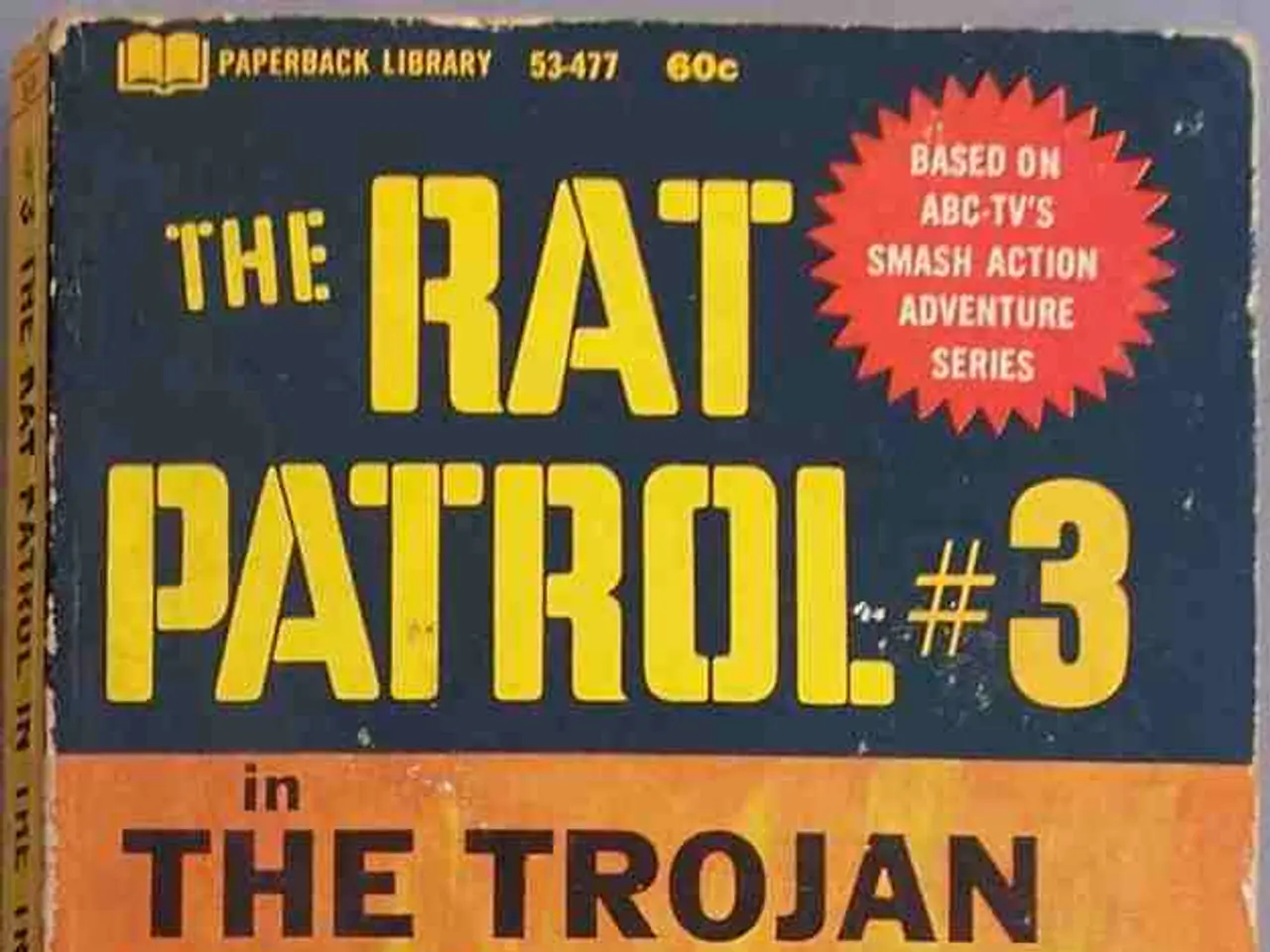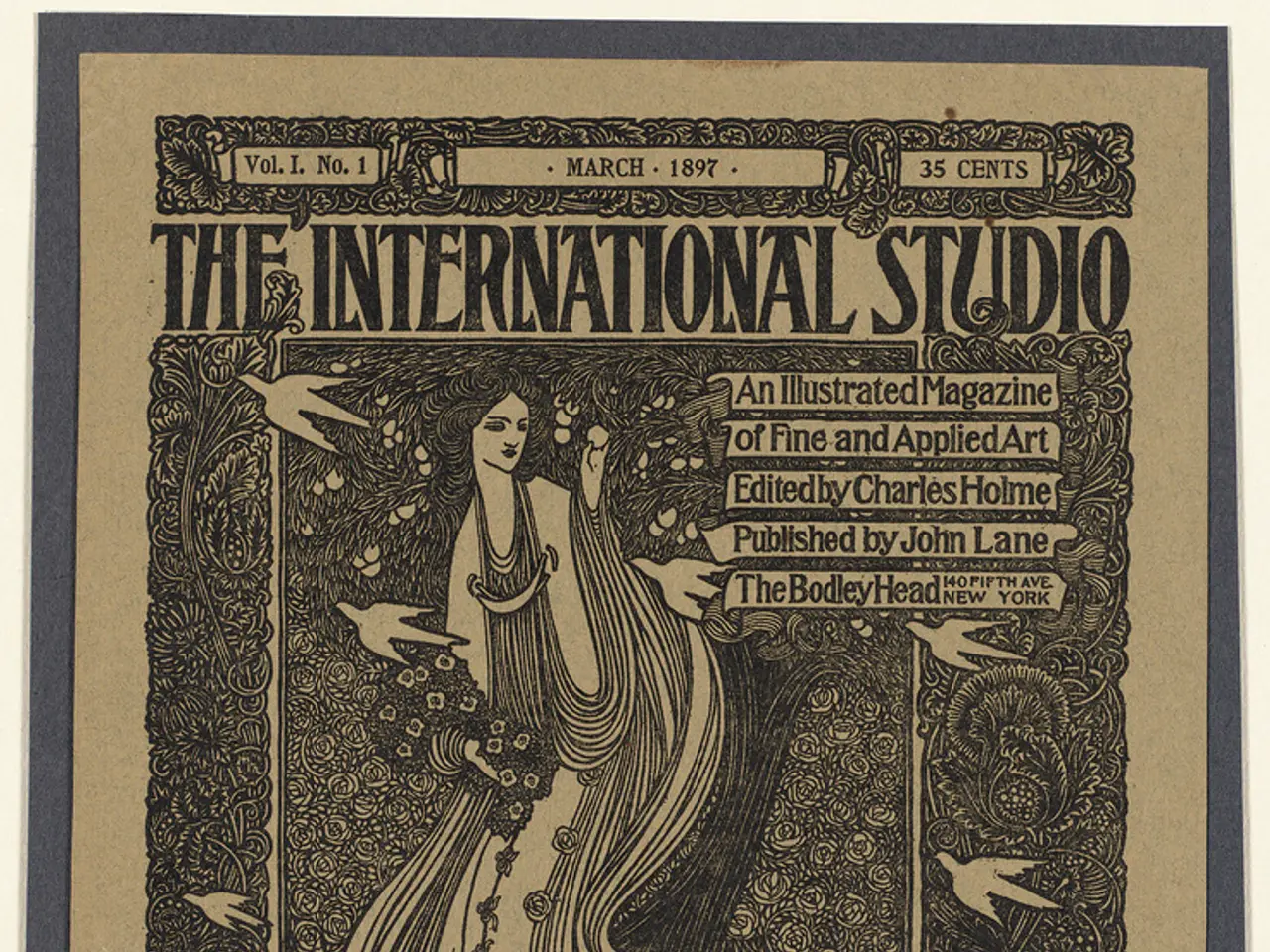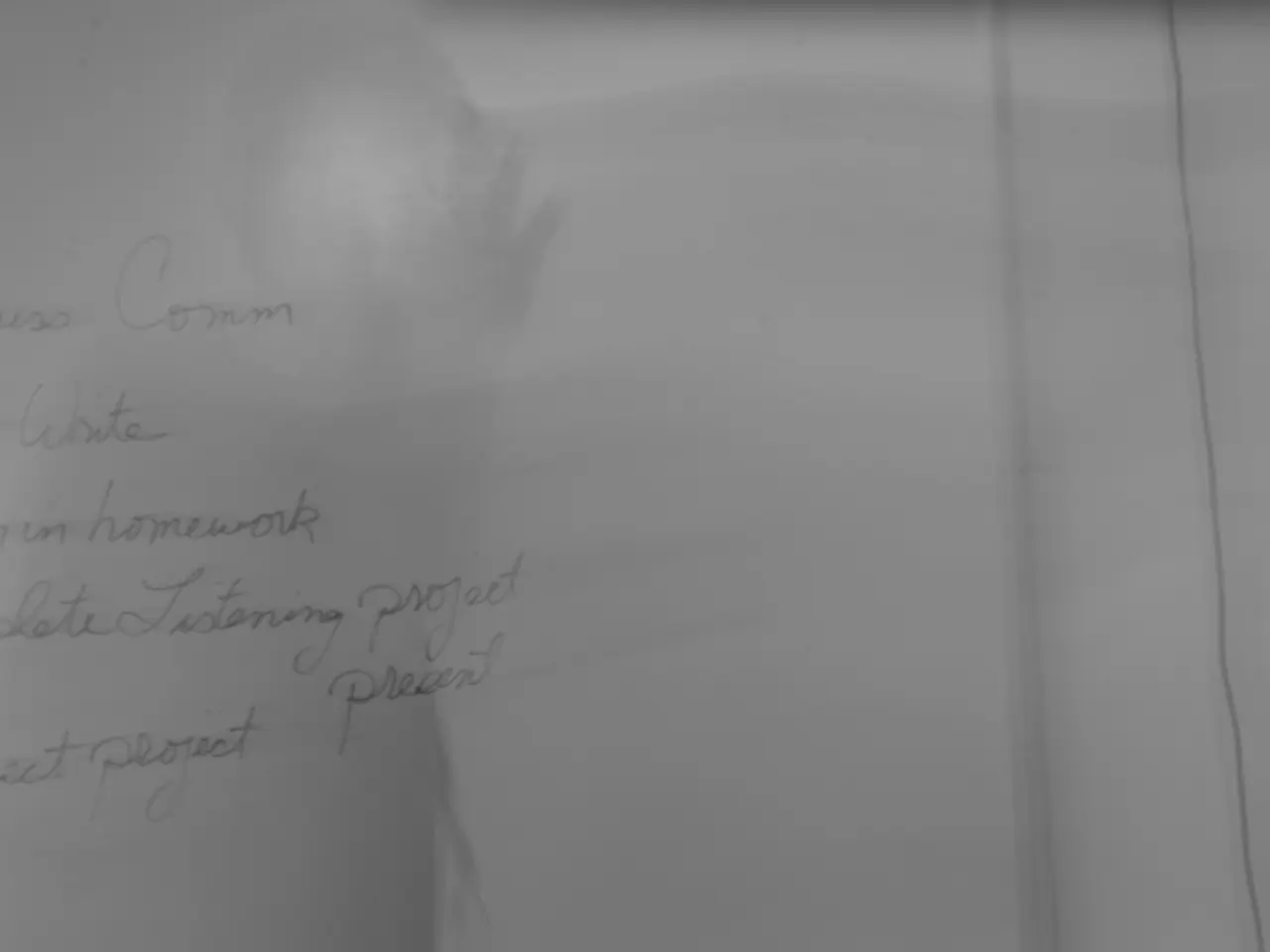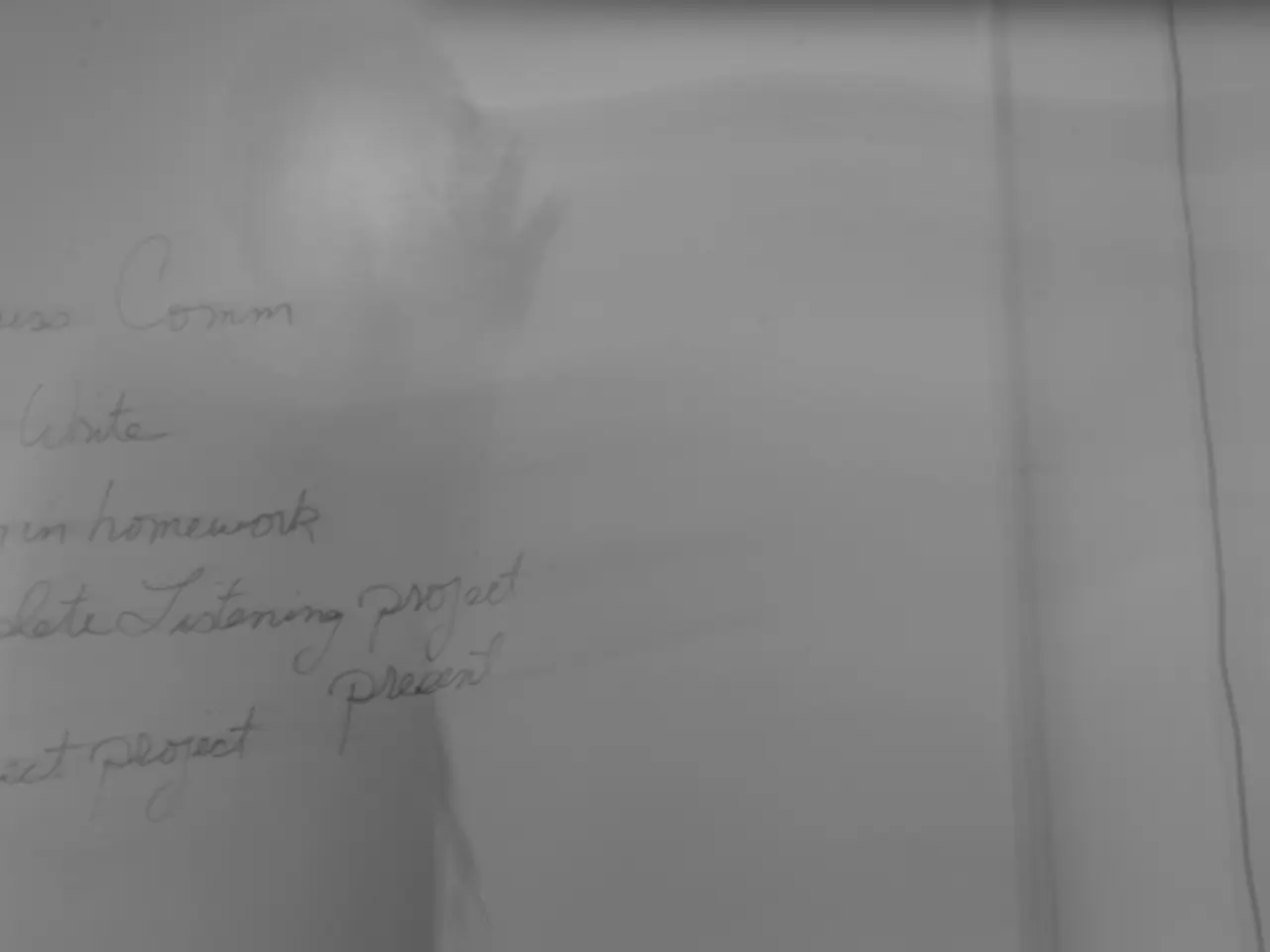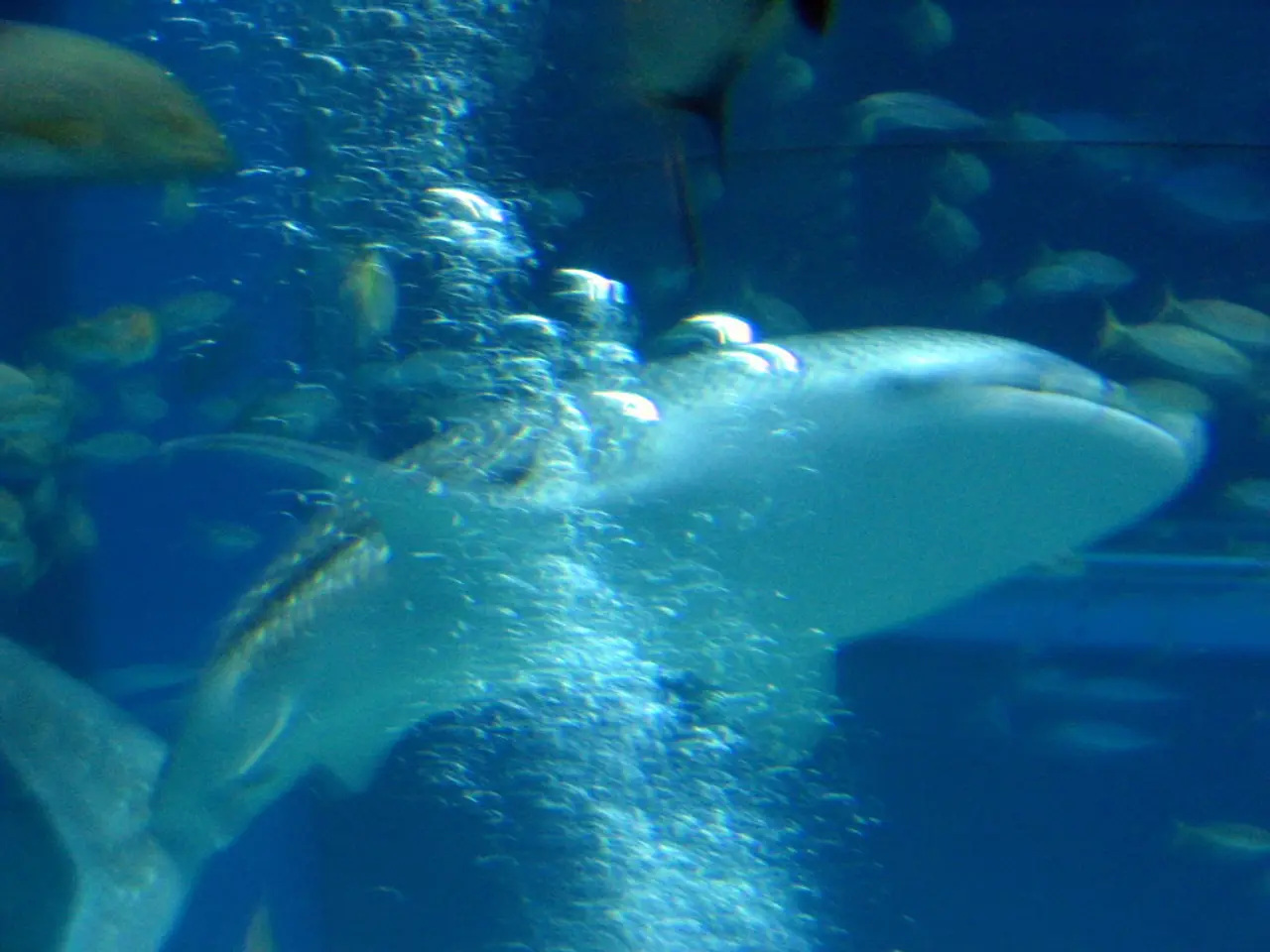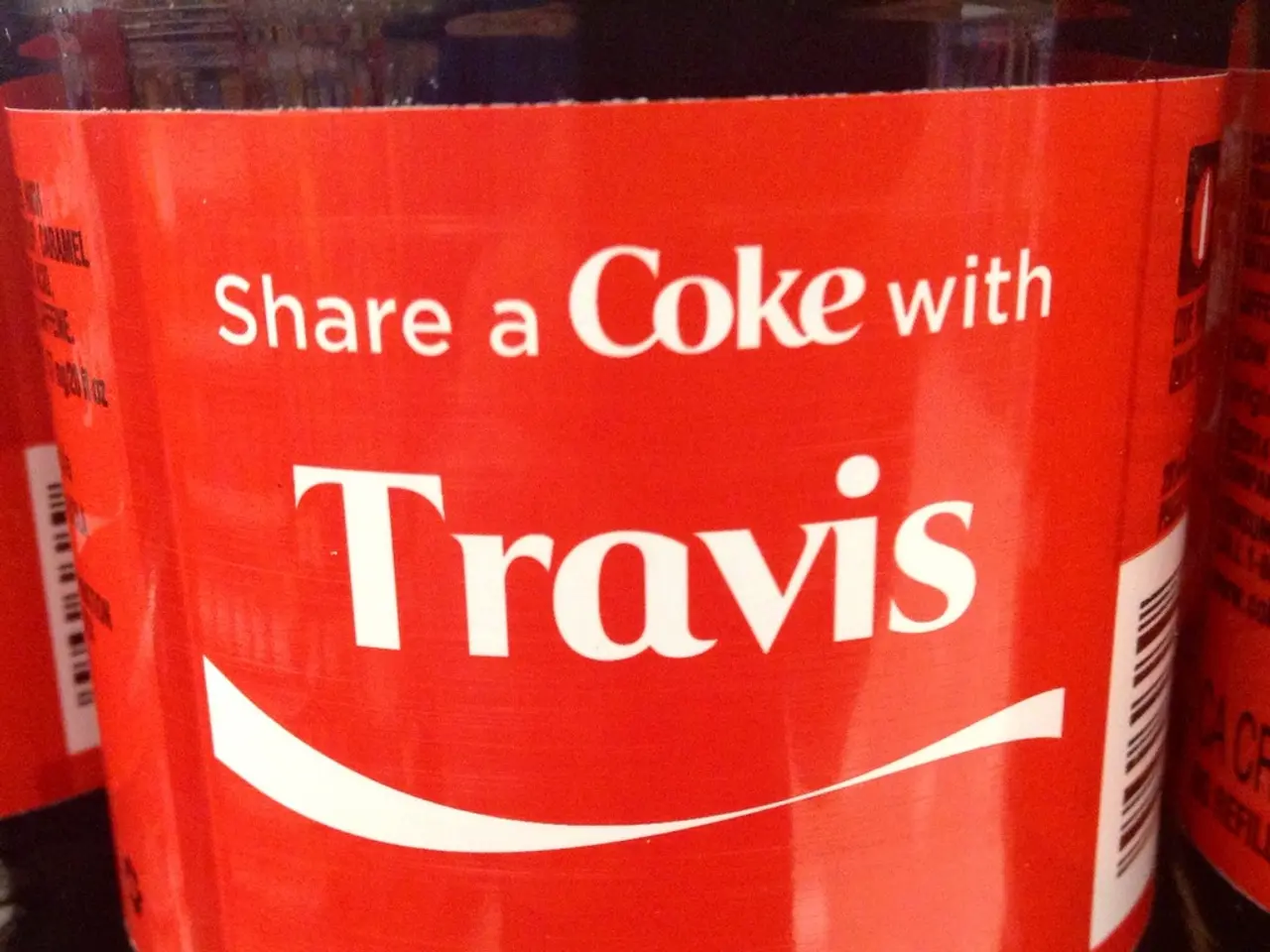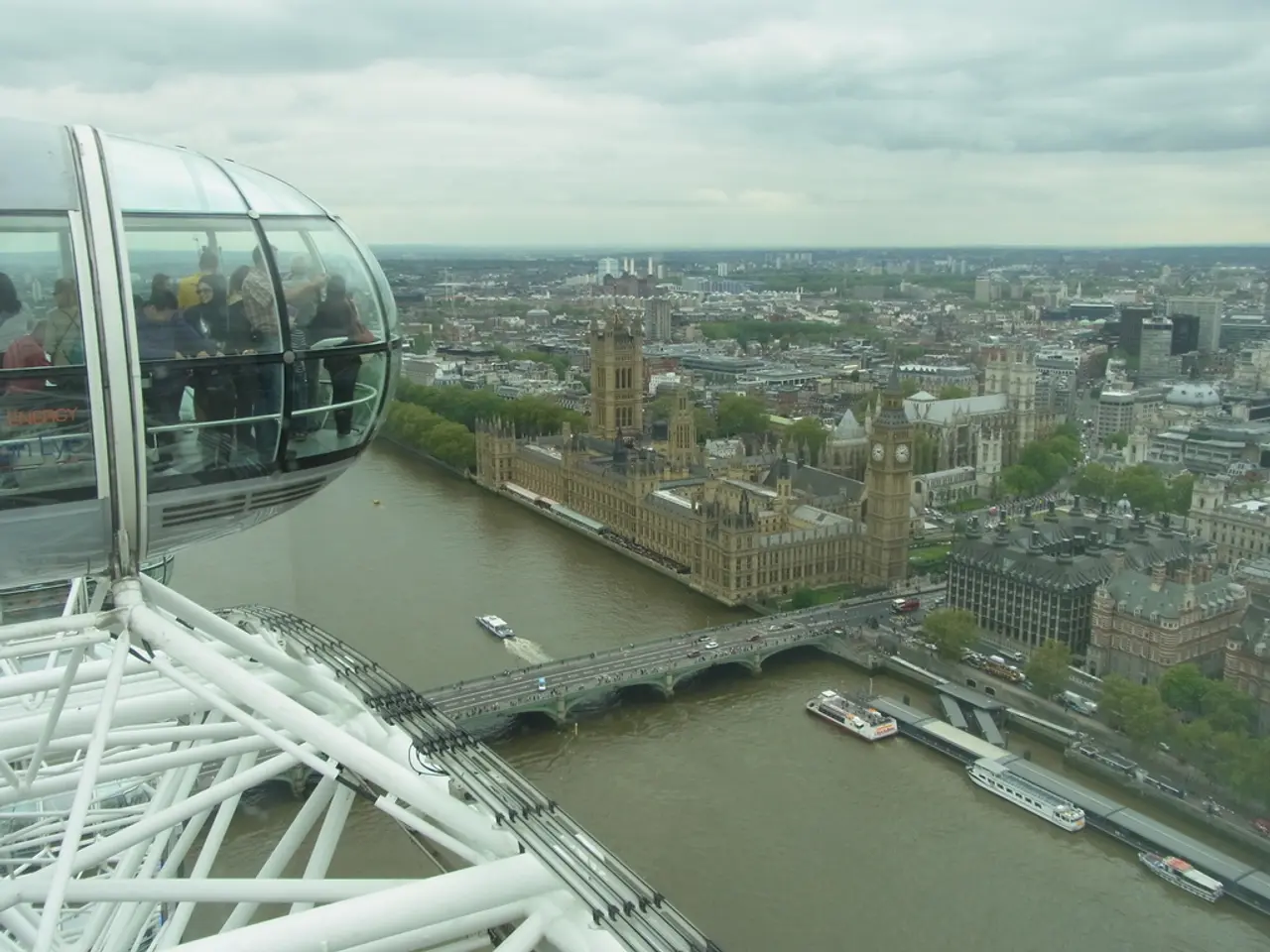South Africa's persistent stance of neutrality during the Ukraine-Russia conflict explained
South Africa Defends Military Exercises with Russia Amidst Global Concerns
In a move that has sparked controversy, South Africa has announced plans for military exercises off its coast from February 17 to 27, involving 350 South African soldiers training alongside Russian and Chinese counterparts. The exercises, named "Mosi," have raised eyebrows, particularly in the West, as they coincide with the first anniversary of Moscow's invasion of Ukraine.
The South African government has defended its decision, stating that all nations should have the right to train with partners of their choice. This stance is in line with South Africa's longstanding tradition of emphasizing dialogue for conflict resolution, a policy that has been a cornerstone of its diplomacy since gaining independence in 1994.
South Africa's relationship with Russia dates back to the late 19th century, rooted in shared opposition to British colonialism during the Anglo-Boer Wars. Over the years, this relationship has deepened, with Russia supporting South Africa’s role in African multilateral organizations like the African Union and the Non-Aligned Movement, bolstering South Africa's global diplomatic influence.
The two countries' ties have been strengthened through military-technical cooperation, which began with a 1995 agreement, marking Russia's renewed influence in Africa since the Soviet era. South Africa's participation in BRICS, an organization aimed at promoting trade and security relations between member nations, has also played a significant role in this relationship.
However, South Africa's stance on Russia’s actions in Ukraine has come under scrutiny. The country abstained from voting on a United Nations resolution condemning Russia's invasion and annexation of Ukrainian territories. This decision, along with South Africa's resistance to Western-led sanctions and legal actions against Russia, has led to criticism and diplomatic pressure, including from the U.S.
Karine Jean-Pierre, the White House press secretary, has expressed concerns about any country exercising with Russia during the ongoing war in Ukraine. These concerns were echoed by Naledi Pandor, South Africa's foreign minister, who has criticized the West for selective condemnation of Russia while ignoring other acts of aggression, such as the Israeli occupation of Palestinian territory.
Despite these criticisms, Russian Foreign Minister Sergey Lavrov visited South Africa and met with his South African counterpart, Naledi Pandor, in Pretoria. Lavrov said there was no need for any country to be worried about the exercises, as they are clear and transparent.
South Africa's exports to Russia were valued at $587m in 2020, while Russian exports to South Africa amounted to $506m. As South Africa hosts the BRICS summit, which included Russian President Vladimir Putin, despite Western demands to hold Russia accountable for the conflict, it remains to be seen how this relationship will evolve in the future.
- Amidst global concerns and ongoing debates about war-and-conflicts, specifically Russia's actions in Ukraine, South Africa's decision to participate in military exercises with Russia and other nations, exemplifies a stance in policy-and-legislation that upholds a nation's right to choose training partners, a approach that aligns with South Africa's longstanding diplomatic policy for dialogue in conflict resolution.
- In line with South Africa's active engagement in general-news events, notably with Russia, the country's participation in military exercises with Russia amidst the ongoing war in Ukraine has sparked controversy, with the White House expressing concerns, and South Africa's foreign minister, Naledi Pandor, criticizing the West for selective condemnation of Russia, while overlooking other acts of aggression, such as the Israeli occupation of Palestinian territory.
